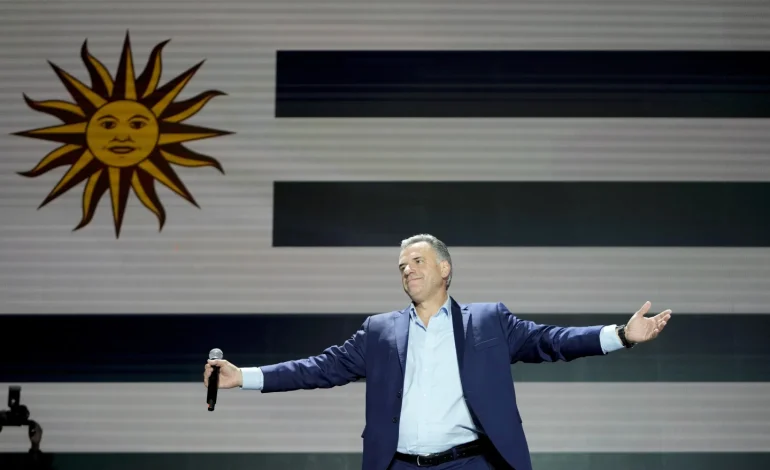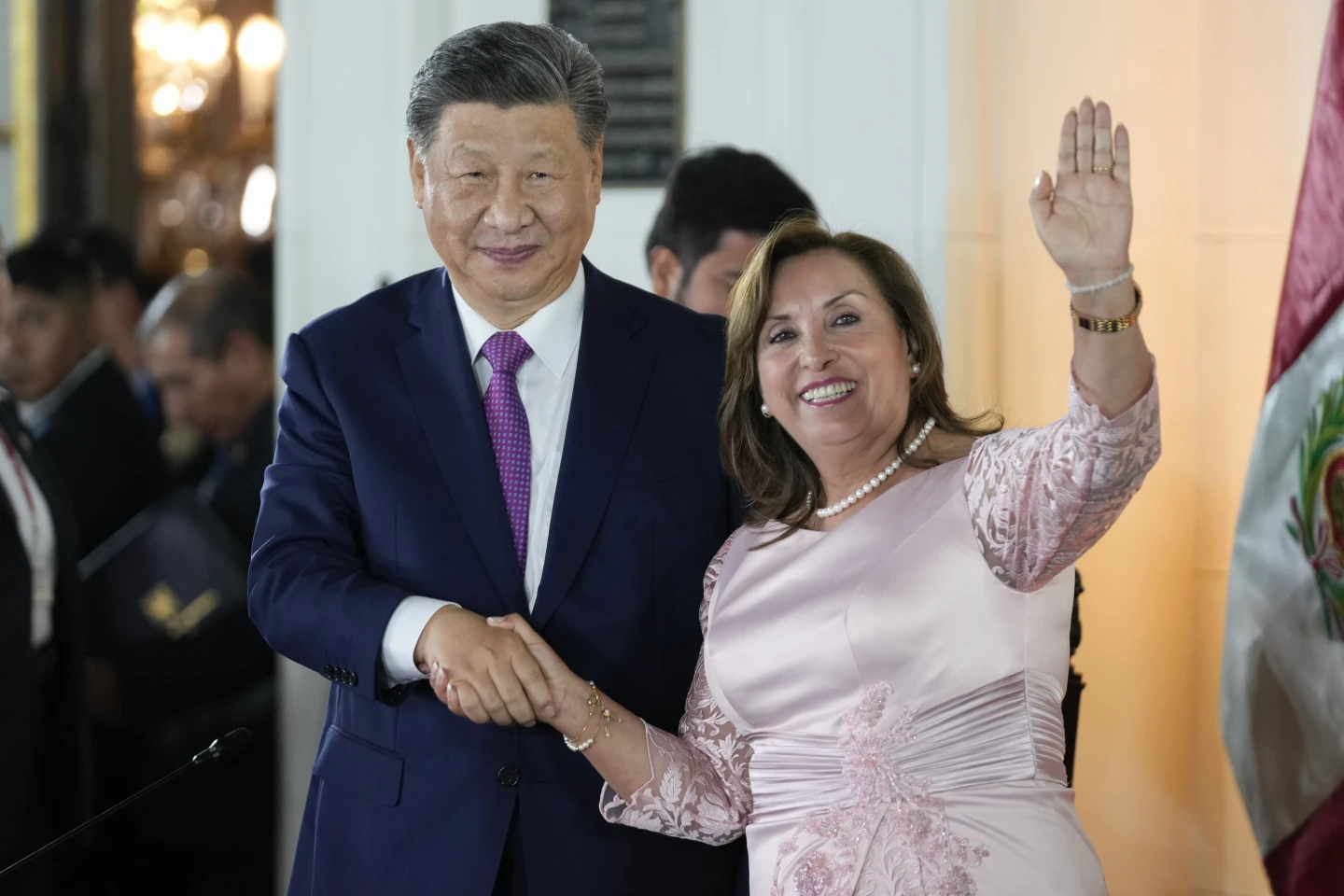Uruguayan Presidential Election Heads to Runoff as Center-Left Mayor Edges Out Incumbent-Party Candidate

Voters in Uruguay went to the polls on Sunday, resulting in a close presidential election that will head to a runoff on November 24, The Associated Press reports.
Center-left rural mayor Yamandú Orsi emerged as the frontrunner, narrowly surpassing the center-right incumbent-party candidate, Álvaro Delgado.
While the outcome came as little surprise, the remarkably civil nature of the Uruguayan presidential race stands out in a region often characterized by bitter divisions and democratic erosion. In contrast to the mudslinging and personal attacks seen elsewhere, Uruguay’s campaign focused on substantive issues like rising crime, pension reform, and education quality.
The center-left Broad Front coalition, which held the presidency for 15 years (2005-2020), entered the election with momentum, reflecting a desire for a stronger social safety net in a country facing high costs of living. The coalition oversaw robust economic growth and pioneered socially liberal laws that raised Uruguay’s global profile, including the legalization of abortion, same-sex marriage, and recreational marijuana use.
Orsi, a two-time mayor and former history teacher, is drawing inspiration from former President José “Pepe” Mujica, a former guerrilla and current chrysanthemum farmer who has endorsed Orsi. Orsi’s working-class roots, casual style, and promise to forgo many of the perks enjoyed by heads of state seem to echo Mujica’s ideals. The Broad Front has traditionally taken a more moderate approach than other leftist politicians in the region, and Orsi supports tax incentives to attract investors and, as mayor, has sought to develop Uruguay’s nascent high-tech sector.
Delgado, a former congressman and senior aide to current President Luis Lacalle Pou, campaigned on promises to continue the business-friendly policies of the current administration. Uruguay’s constitution prohibits re-election, but Pou’s approval ratings of around 50% have bolstered his party’s candidate.
In sharp contrast to recent polarized elections in neighboring Argentina and Brazil, Delgado’s campaign slogan was simply “Re-elect a good government.”
Joining Delgado on stage was Andrés Ojeda, a muscular and media-savvy lawyer who secured a surprisingly strong third-place finish with nearly 17% of the vote. Ojeda sought to inject excitement into what some commentators considered one of the world’s dullest elections, aiming to engage apathetic young voters with eye-catching ads featuring him lifting weights in tight undershirts at the gym.
Preliminary results show Orsi leading with over 41% of the vote, compared to Delgado’s just over 27%. With both candidates’ talking points frequently overlapping, Orsi’s inability to secure the 50% threshold needed to avoid a runoff reflects voter apathy in the race.
Electoral officials reported a turnout of 89% of Uruguay’s 2.7 million eligible voters, highlighting the country’s reputation as a model democracy where voting in presidential and congressional elections is mandatory.








